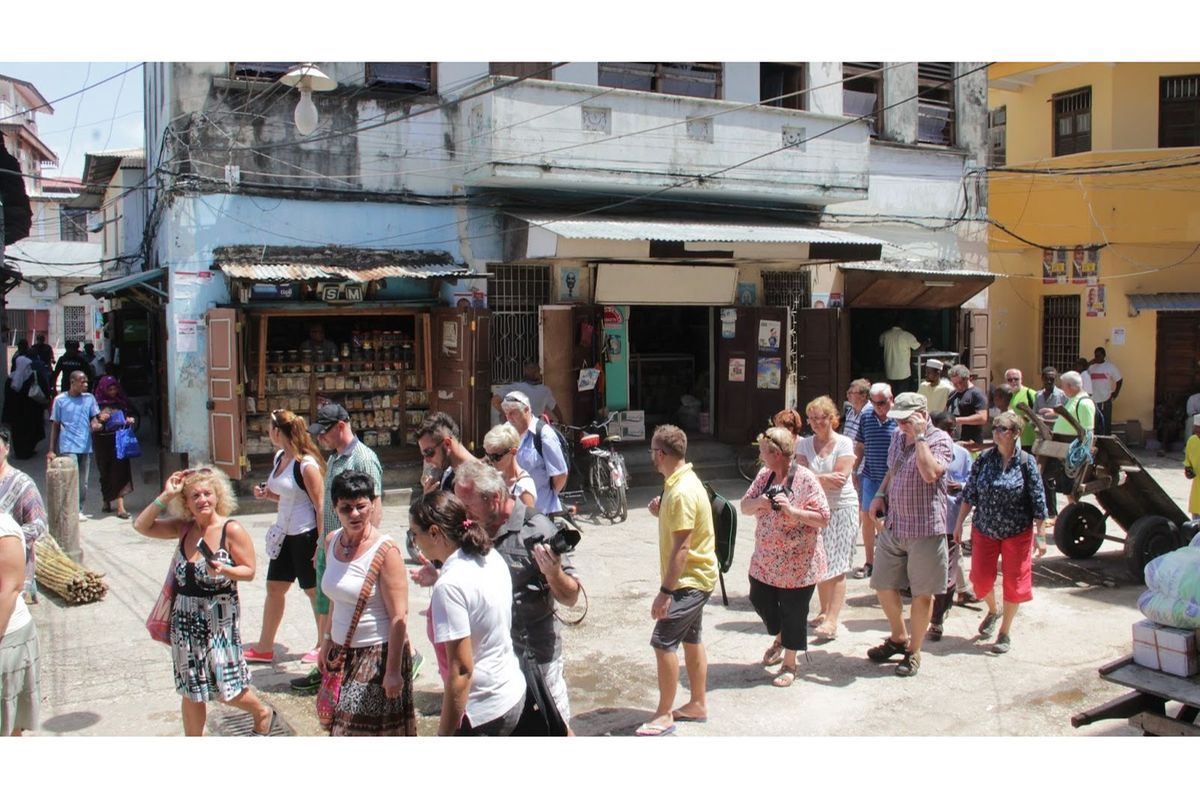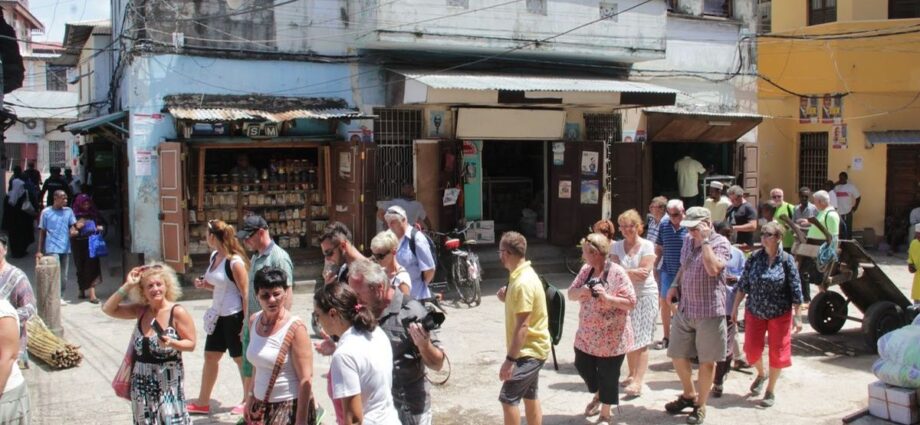
Unguja. The introduction of mandatory tourist insurance has not deterred an influx of visitors to the Spice Islands, the Minister for Tourism and Heritage, Mudrik Ramadhani Soraga, has said.
In August last year, Zanzibar introduced the mandatory insurance policy, requiring all visitors to pay a fee of $44 (Sh111,210).
The policy has been in effect since 1st October 2024.
The fee did not, however, go down well with some tourism stakeholders who expressed frustration over the lack of prior consultation and information regarding the new policy.
During a meeting that was convened in August 2024 by the Zanzibar Association of Tourism Investors (Zati), participants said the fee adds an extra charge, potentially making Zanzibar less competitive compared to other destinations, which could deter visitors.
But in an interesting turn, Mr Soraga said on Thursday, January 16, that since the implementation of the insurance scheme in October 2024, tourist arrivals have risen by an average of 17 percent per month.
“The insurance policy has not negatively impacted tourist arrivals. On the contrary, it has contributed to a 17 percent monthly increase since its introduction,” Soraga told The Citizen’s sister paper, Mwananchi, on Thursday.
He revealed that December 2024 set a new record, with 91,611 tourists visiting the island, the highest number ever recorded in a single month.
In previous months, Zanzibar saw 60,731 arrivals in September, 69,860 in October and 67,449 in November.
Meanwhile, the Chairman of the Zanzibar Tour Operators Association (Zato), Khalifa Mohamed Makame, affirmed that their members had not experienced a decline in bookings, indicating that the insurance policy had not negatively affected business.
“The number of tourists remains stable, and hotel occupancy rates are high. Many residents have also benefitted from the surge in arrivals by renting out their homes to visitors,” he said.
Makame noted that any potential adverse effects of the insurance policy would only become apparent by June 2025, as many travellers make their bookings months in advance.
“For now, the numbers are encouraging. If there were any negative impact, we would likely only see it later in the year,” he added.
He further explained that an average visitor to Zanzibar, including those from neighbouring Kenya, spends at least $1,500 (Sh3.79 million) per week. Most hotels on the island charge a minimum of $100 (Sh252,750) per night.
“The $44 insurance fee is unlikely to deter tourists, especially considering that a taxi ride from Stone Town to Nungwi, a 51-kilometre journey taking approximately one hour and 35 minutes, costs around $50 (Sh126,375),” Makame said.
He acknowledged that the fee might impact budget travellers but insisted that for the majority of visitors it was a negligible expense.
Makame urged authorities to ensure the proper management of the funds collected through the insurance scheme, emphasising its importance in strengthening the tourism service chain.
“This initiative reduces the burden on tour operators while enhancing safety for visitors,” he noted.
Similarly, the Chairman for Zati, Mr Suleiman Mohammed, confirmed that tourist arrivals had increased, particularly from European markets.
However, he stressed the need for greater efforts to attract visitors from Asia.
Mohammed pointed out that in many countries, travel insurance is a prerequisite for entry, making Zanzibar’s policy a standard practice globally.
“Initially, there was some hesitation due to the short notice given before implementation. However, we have seen no evidence that the insurance requirement has deterred tourists,” he added.
Zanzibar’s tourism sector remains a key driver of the economy, contributing significantly to employment and revenue generation.
Industry stakeholders continue to support measures that enhance visitor experience and security, ensuring the archipelago remains a top travel destination in Africa.














